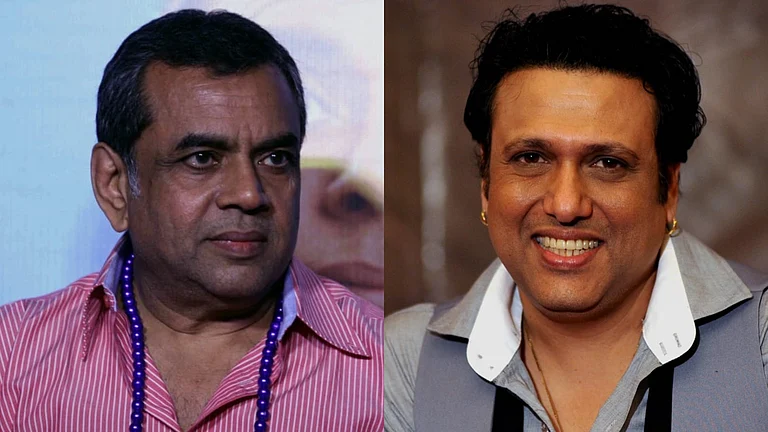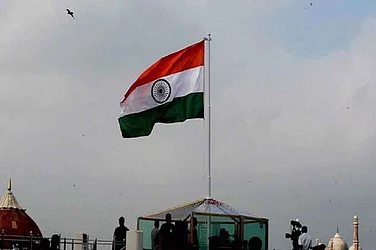Chief Minister Himanta Biswa Sarma said Monday that the Assam government has asked its people what they think about a proposed law to abolish polygamy in the state.
Sarma shared a photo of the public notice on X regarding the proposed law and asked the people to send their suggestions. He wrote, "Members of the public are requested to send us their suggestions on the proposed law to ban polygamy in Assam."
The notice was published by the Principal Secretary of the Home and Political Department requesting the people to send their opinion by August 30 through email or by post.
The report pointed out that the government of Assam had set up an expert committee to investigate the legislative competence of the Assembly, in order to craft a law banning polygamy and stated that the State Assembly was entitled to bring such legislation into force.
Sharing the executive summary of the report, the public notice stated that marriage falls under the Concurrent List, enabling both the Centre and states to pass laws on it.
"The Doctrine of Repugnancy (Article 254) stipulates that if a state legislation contradicts a central legislation, the state law will be overridden unless it received the prior assent of the President of India," it added.
Quoting the report, the notice mentioned that freedom of conscience and the right to practice religion under Article 25 and 26 of the Constitution are "not absolute and are subject to public order, morality, health and legislative provisions for social welfare and reform".
The courts have clarified that religious practices must be essential and integral to the religion to receive protection, it added.
"With respect to Islam, the courts have held that having more than one wife is not an essential part of the religion. Legislation limiting the number of wives does not interfere with the right to practice religion and is within the scope of 'social welfare and reform'. Hence, laws favouring monogamy do not violate Article 25," said the notice, which referred to the expert committee's report.
"Considering these principles, the State of Assam would have the legislative competence to enact a state legislature to end polygamy," it added.
On August 6, the expert committee formed by the Assam government to examine the legislative competence of the state legislature to enact a law to end polygamy had submitted its report to the Chief Minister, who immediately announced that a legislation on the subject will be introduced within this financial year.
He had also claimed the committee unanimously agreed that the state can frame its own laws to end polygamy.
Hoisting the National Flag on the occasion of 77th Independence Day on August 15, Sarma in his official address said that a "strict act" will be brought soon to end polygamy in Assam.
On May 12, Sarma had announced the formation of the four-member expert committee headed by Justice (Retd) Rumi Kumari Phukan.
Besides Phukan, the other members of the committee are the state's Advocate General Devajit Saikia, Senior Additional Advocate General Nalin Kohli and senior Advocate Nekibur Zaman.
It was tasked to scrutinise the provisions of the Muslim Personal Law (Shariat) Act, 1937 along with Article 25 of the Constitution in relation to the Directive Principles of State Policy for a Uniform Civil Code.
On July 13, Sarma had said the Assam government conveyed to the authorities concerned that it was in support of the Uniform Civil Code (UCC) and wanted to ban polygamy immediately in the state.
The opposition parties had earlier slammed the decision of the government to enact a law on polygamy as diversionary and communal, especially at a time when suggestions on the UCC are being received by the Law Commission.
(With PTI inputs)


























